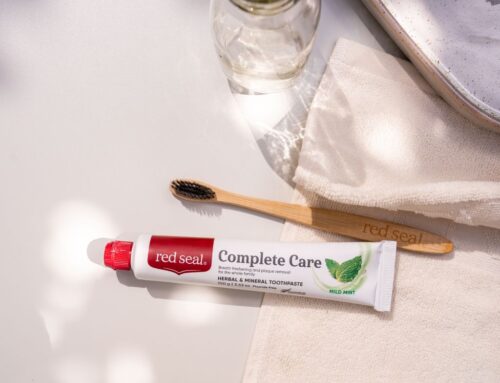Most of us are pet fanatics and love curling up with our furry friend, but for the most part, we don’t always think about how our pets can impact our health. Whether you already have a pet or you’re considering getting one, it’s important to make sure you’re taking care of yourself, your pet and your home by considering the following – we don’t want you to have to re-home your little love.
Asthma and allergies:
- People who suffer asthma and/or other allergic reactions from contact with animals are either reacting to animal hair, saliva or skin flakes.
- While there are breeds of both dogs and cats that can minimise these problems (though a skin flake allergy cannot be avoided because all animals with hair shed skin flakes), you should get advice from your doctor or vet before choosing a pet.
- If you have an allergic reaction to animal hair/ saliva or skin flakes, consider keeping a reptile as a pet.
Cats and Toxoplasmosis:
- Toxoplasmosis is an infection that can be caught by coming into contact with cat droppings.
- Toxoplasmosis isn’t usually serious, unless you are pregnant, as it can be transmitted to the foetus and do harm.
- If you own a cat, or have cats in the neighbourhood, it’s wise to wear gloves when you’re gardening to avoid contact with cat droppings.
Worms:
- Dogs and other pets can spread ringworm (which is a fungus not a worm) to humans.
- Gastrointestinal worms (hook, whip, round, tape worms) can be passed from dogs to humans and cause illness.
- If you own a pet, you should regularly worm the entire family – children, adults, pet.
Fleas and Lice:
- Fleas are easily transferred from animal to human – annoying but not a health problem.
- To keep your pet free from fleas, you need to use appropriate chemicals on a regular basis – while fleas will generally disappear during winter (the colder temperatures keep them at bay), they will appear the moment the weather warms up. This means that all the eggs that were laid last summer will now hatch.
- If your pet lives indoors, and you have a flea problem, use winter as a good time to deflea the house – vacuum all carpets, and wash your pet’s bedding in hot water.
Cats and sandpits:
- Cats love to use sandpits as one huge kitty litter tray, so to keep your sandpit clean and clear of cat droppings, make sure that you always keep it covered when you’re not using it.
- Regularly rake your sandpit through to check for droppings, along with other rubbish that may pose a risk to your child.
- If the sand does become dirty, consider refreshing the sandpit with new sand.
Do you have any handy hints for keeping healthy with a pet in your home?
Read more:
- 10-cold busting remedies
- Menstrual cramps as “painful as a heart attack”
- 5 feel good foods
- Are you wearing the right sized sports bra?
- 5 ways to motivate yourself to keep exercising






I recently got a cat, and after years of not having a cat it took my body about 6 months to adjust to having cat dander in our house. I was a little worried as I had never had allergy reactions to cats before, but it had been so long without one, that my body did take a bit of adjustment!
We have 2 house cats which we worm regularly i also vacuum every day in the lounge where the cats sleep. When we put a sandpit in we got a cover made so the cats could use it to toilet in its quite a disgusting thought. Our cats have never had fleas snd hope they never do.
We don’t have any pets currently as we live in an apartment building and are not allowed them. But when we move into a house we want to get a little dog and will definitely be reading up on everything you need to know!
We have no pets but most of my siblings etc have pets so this is quite an interesting read. Will have to pass this information onto them all.